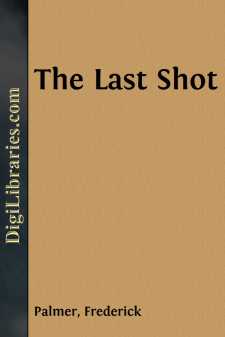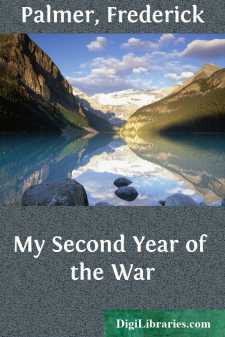Categories
- Antiques & Collectibles 13
- Architecture 36
- Art 48
- Bibles 22
- Biography & Autobiography 816
- Body, Mind & Spirit 145
- Business & Economics 28
- Children's Books 18
- Children's Fiction 14
- Computers 4
- Cooking 94
- Crafts & Hobbies 4
- Drama 346
- Education 58
- Family & Relationships 59
- Fiction 11831
- Foreign Language Study 3
- Games 19
- Gardening 17
- Health & Fitness 34
- History 1378
- House & Home 1
- Humor 147
- Juvenile Fiction 1873
- Juvenile Nonfiction 202
- Language Arts & Disciplines 89
- Law 16
- Literary Collections 686
- Literary Criticism 179
- Mathematics 13
- Medical 41
- Music 40
- Nature 179
- Non-Classifiable 1768
- Performing Arts 7
- Periodicals 1453
- Philosophy 66
- Photography 2
- Poetry 897
- Political Science 203
- Psychology 45
- Reference 154
- Religion 516
- Science 126
- Self-Help 86
- Social Science 82
- Sports & Recreation 34
- Study Aids 3
- Technology & Engineering 59
- Transportation 23
- Travel 463
- True Crime 29
Our website is made possible by displaying online advertisements to our visitors.
Please consider supporting us by disabling your ad blocker.
The Last Shot
by: Frederick Palmer
Categories:
Description:
Excerpt
I
A SPECK IN THE SKY
It was Marta who first saw the speck in the sky. Her outcry and her bound from her seat at the tea-table brought her mother and Colonel Westerling after her onto the lawn, where they became motionless figures, screening their eyes with their hands. The newest and most wonderful thing in the world at the time was this speck appearing above the irregular horizon of the Brown range, in view of a landscape that centuries of civilization had fertilized and cultivated and formed.
At the base of the range ran a line of white stone posts, placed by international commissions of surveyors to the nicety of an inch's variation. In the very direction of the speck's flight a spur of foot-hills extended into the plain that stretched away to the Gray range, distinct at the distance of thirty miles in the bright afternoon light. Faithful to their part in refusing to climb, the white posts circled around the spur, hugging the levels.
In the lap of the spur was La Tir, the old town, and on the other side of the boundary lay South La Tir, the new town. Through both ran the dusty ribbon of a road, drawn straight across the plain and over the glistening thread of a river. On its way to the pass of the Brown range it skirted the garden of the Gallands, which rose in terraces to a seventeenth-century house overlooking the old town from its outskirts. They were such a town, such a road, such a landscape as you may see on many European frontiers. The Christian people who lived in the region were like the Christian people you know if you look for the realities of human nature under the surface differences of language and habits.
Beyond the house rose the ruins of a castle, its tower still intact. Marta always referred to the castle as the baron; for in her girlhood she had a way of personifying all inanimate things. If the castle walls were covered with hoar frost, she said that the baron was shivering; if the wind tore around the tower, she said that the baron was groaning over the democratic tendencies of the time. On such a summer afternoon as this, the baron was growing old gracefully, at peace with his enemies.
Centuries older than the speck in the sky was the baron; but the pass road was many more, countless more, centuries older than he. It had been a trail for tribes long before Roman legions won a victory in the pass, which was acclaimed an imperial triumph. To hold the pass was to hold the range. All the blood shed there would make a red river, inundating the plain. Marta, a maker of pictures, saw how the legions, brown, sinewy, lean aliens, looked in their close ranks. They were no less real to her imagination than the infantry of the last war thirty years ago, or the Crusaders who came that way, or the baron in person and his shaggy-bearded, uncouth, ignorant ruffians who were their own moral law, leaving their stronghold to plunder the people of the fertile plain of the fruits of their toil.
Stone axe, spear and bow, javelin and broadsword, blunderbuss and creaking cannon—all the weapons of all stages in the art of war—had gone trooping past....




